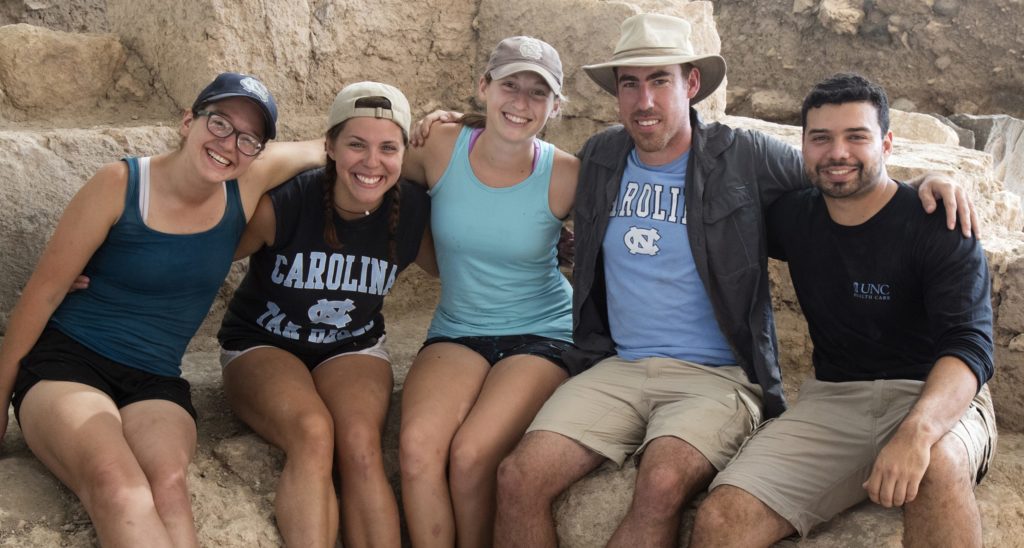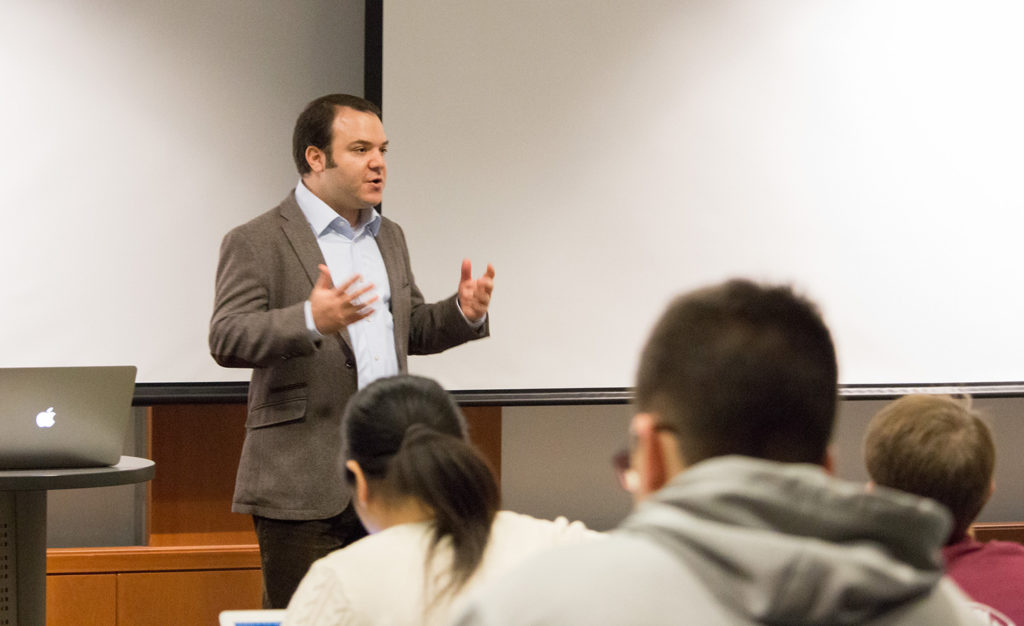
The National Institutes of Health (NIH) recently awarded a two-year grant to UNC-Chapel Hill to examine the effects of changing environments on human health in the Galápagos, Ecuador. The principal investigator is Amanda Thompson, who holds dual appointments in the Department of Nutrition in the Gillings School of Global Public Health and the Department of Anthropology in the College of Arts & Sciences.
Thompson specializes in human growth and nutrition, and the NIH grant will support her and her co-investigators in their examination of the human health costs of economic development in the Galápagos. The grant, titled “Water, Food and the Triple Burden of Disease in the Galapagos, Ecuador,” will explore the pathways linking water and food exposures to the dual burden of undernutrition and over-nutrition in the country’s remote Pacific islands. An improved understanding of these connections is critical for identifying the effects of changing environments on human health and developing successful interventions for reducing obesity, cardiometabolic disease and persistent undernutrition.
Low- and middle-income countries often experience significant human health costs due to the heterogeneity in diets, lifestyles and disease that accompany economic development. The effects of changing environments in these countries may shape early human growth and development and have lasting impacts on health and well-being throughout the life. Increases in obesity and cardiometabolic disease, alongside persistent malnutrition and infectious disease, become prevalent.
Thompson’s co-investigators on the project include Margaret “Peggy” Bentley, Carla Smith Chamblee Distinguished Professor of Global Nutrition in the Department of Nutrition, associate director of the Institute of Global Health and Infectious Diseases, and associate dean for global health for UNC Gillings School of Global Public Health; Jill Stewart, associate professor in the Department of Environmental Studies and Engineering in the Gillings School of Global Public Health and deputy director of the UNC Galápagos Initiative and Center for Galápagos Studies; and Enrique Terán, professor in the School of Medicine, Universidad San Francisco de Quito in Ecuador.
This research is supported by the NIH’s Fogarty International Center and is part of the partnership between UNC and the Universidad San Francisco de Quito in Ecuador. The UNC-USFQ partnership began in 2006 with collaboration between Stephen Walsh, Lyle V. Jones Distinguished Professor of Geography at UNC, and Carlos Mena, professor of geography at USFQ and a Carolina alumnus.
The universities dedicated the joint Galápagos Science Center in 2011, which offers a 20,000-square-foot, state-of-the-art facility for students and faculty to study the intersection of social, terrestrial and marine sub-systems with particular focus on human populations, social and ecological health and the environment. UNC and USFQ faculty engaged in study in the Galápagos represent a range of academic interests including anthropology, biology, computer science, dentistry, economics, education, environmental sciences and engineering, geography, geological sciences, journalism, marine sciences, nutrition, political science and sociology.
Learn more about the Galápagos Science Center.
Story via UNC Global




